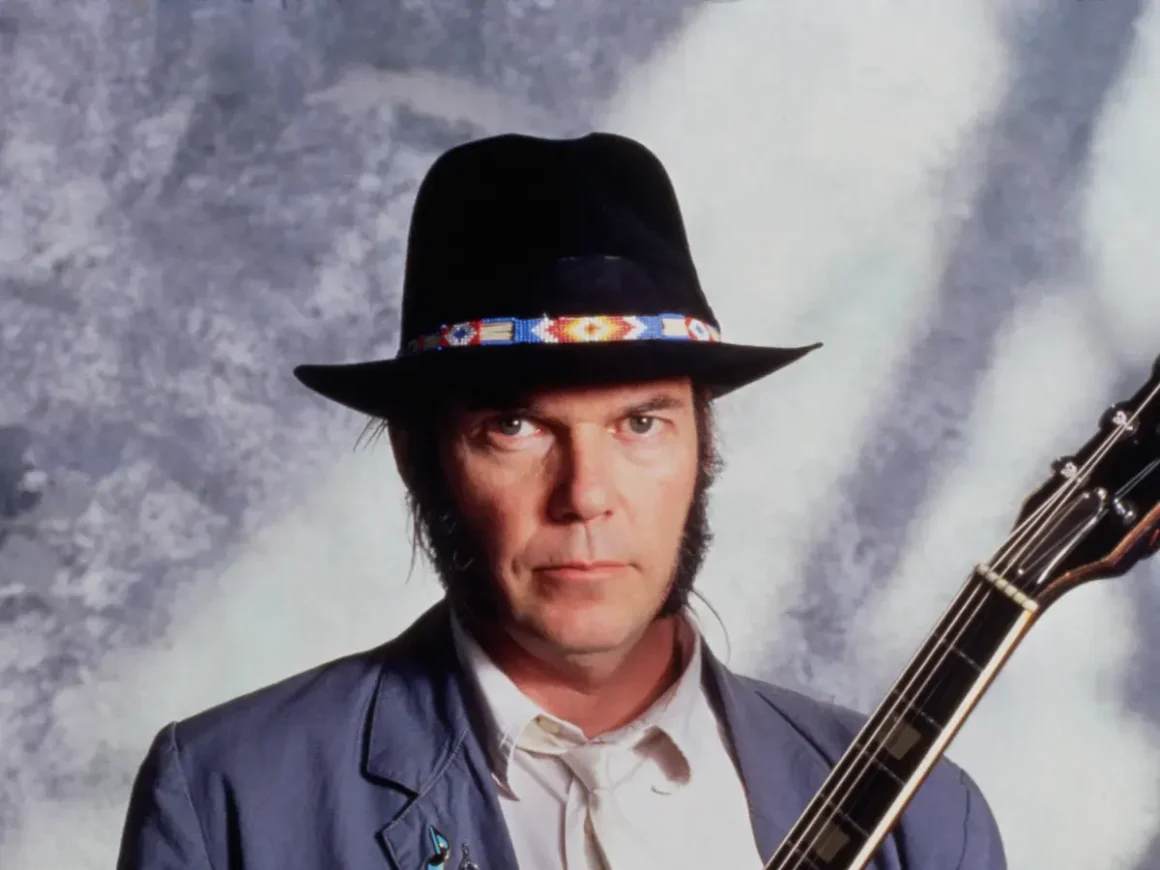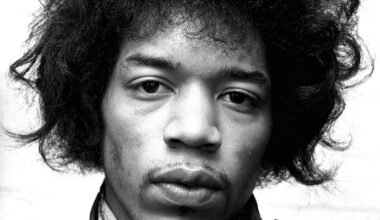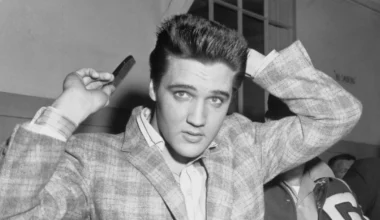Most artists don’t think about their legacy while writing songs. Many timeless anthems simply capture a moment, allowing lyrics to resonate across generations. Neil Young, however, recognized the potency of his work while creating On the Beach.
By the late 1970s, Young was unconcerned with mainstream approval. He didn’t cater to others’ definitions of success, leading him to make bold musical choices, like moving from the sound of Harvest to the experimental Rust Never Sleeps, and eventually embracing electronic music with Trans.
On the Beach reflects one of Young’s most emotionally raw periods. While Tonight’s the Night showcased his pain, the songs on On the Beach serve as a calmer prelude, exploring themes of betrayal and heartbreak.
The lyrics are among his most vulnerable, contrasting optimism with the dark reality expressed in songs like “Revolution Blues,” which addresses the haunting impact of the Charles Manson murders.
Young was never one to sugarcoat his emotions. He proudly showcased the rawest aspects of his personality, and despite On the Beach being a challenging listen, he remained fiercely proud of the album long after its release.
In an interview with The Age, Young spoke about the lasting power of the songs:
“On the Beach is a record that reflected what was going on at that time, and what was going on in my life at that time.
If it’s true in the first place, it’ll be true forever. It should just ring differently, but it will still ring. If you’re contriving it or working too hard to create something, then it’s not going to ring true later on.”
Young’s music continues to resonate, especially when compared to contemporaries who tried to mimic his style but fell short. The enduring appeal of his records lies in their authenticity. Every listen feels like a raw jam session, with Young pouring his heart out.
Even when faced with pressure from record labels, Young remained steadfast. The industry learned a crucial lesson: nudging an artist in a new direction means nothing if their heart isn’t in it. When Young isn’t invested, the result is a record devoid of personality.







